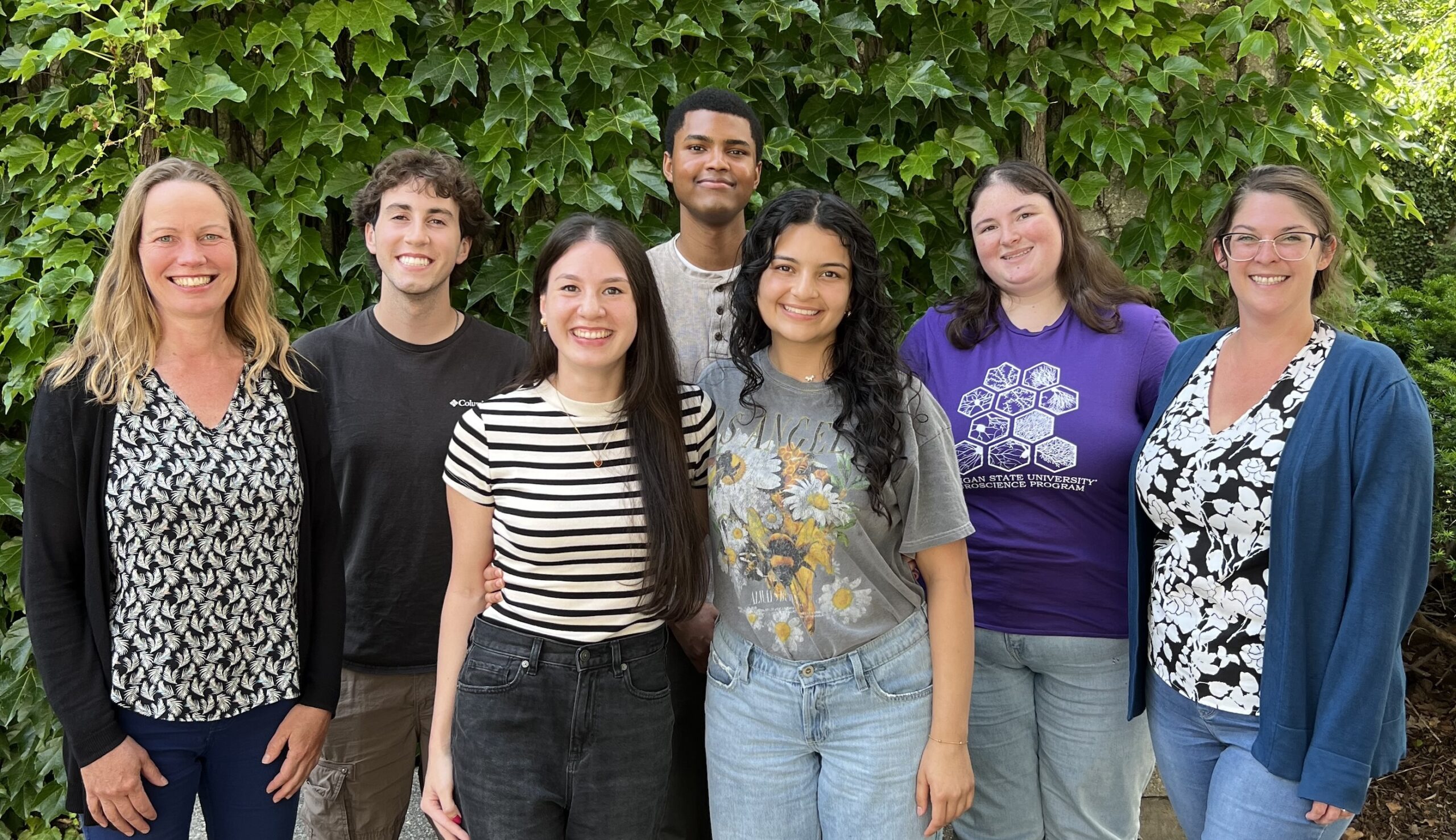Our lab explores the neural basis of social behavior. Specifically, our research focuses on understanding the roles of the neuropeptides vasopressin and oxytocin in regulating social behavior (such as social play, social novelty-seeking, social recognition, social investigation, and sociosexual motivation) and how this is modulated by sex, age, and early life stress. We use rats and mice as model organisms and employ a combination of behavioral, molecular, biochemical, genetic, chemogenetic, and pharmacological techniques to address our research questions.
Understanding the regulation of social behavior is essential to gain insights in normal as well as abnormal social functioning. Abnormal social functioning is observed in various psychiatric disorders including autism spectrum disorder, personality disorders, mood and anxiety disorders, and schizophrenia. Vasopressin and oxytocin are closely related and evolutionarily highly conserved neuropeptides synthesized and released in the brain. Importantly, these neuropeptides play key roles in the regulation of social behavior in a wide variety of species, including humans and rodents. Despite major advances in this field over the last two decades, several important issues are poorly understood and/or relatively unexplored.
It is expected that our research will gain insights into the neural network underlying normal as well as abnormal forms of social behavior. Findings of our research will be essential first steps in the evaluation of vasopressin and oxytocin as potential therapeutic targets in the treatment of social dysfunction in humans. Ultimately, our research should help lead to more effective treatment of the symptoms and/or causes of social behavior deficits.
Our research has been or is supported by the Brain and Behavior Research Foundation, the National Science Foundation, and the National Institute of Mental Health.
Upcoming Research-Related Events
Many lab members will attend, and Bella Orsucci, Kira Becker and Bridgette Weiss will present their work at the annual meeting of the Michigan Chapter Society for Neuroscience at the University of Michigan, Ann Arbor, MI, on May 20, 2024
Samantha Bowden will present her work at the World Congress on Neurohypophysial Hormones (WCNH) in Atlanta, Georgia, from May 16-19, 2024
Alexa Veenema will present the latest work from the lab at the annual meeting of the International Behavioral Neuroscience Society (IBNS) in Panama City, Panama, from June 11-16, 2024
Many lab members will attend, and Bella Orsucci, Kira Becker and Bridgette Weiss will present their work at the annual meeting of the Society for Behavioral Neuroendocrinology at the Ohio State University, Columbus, OH from June 23-26, 2024
